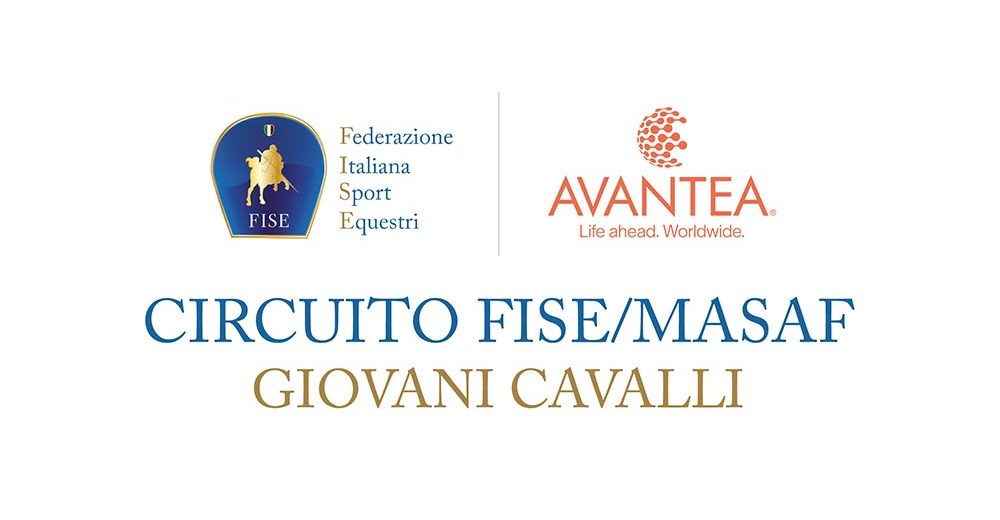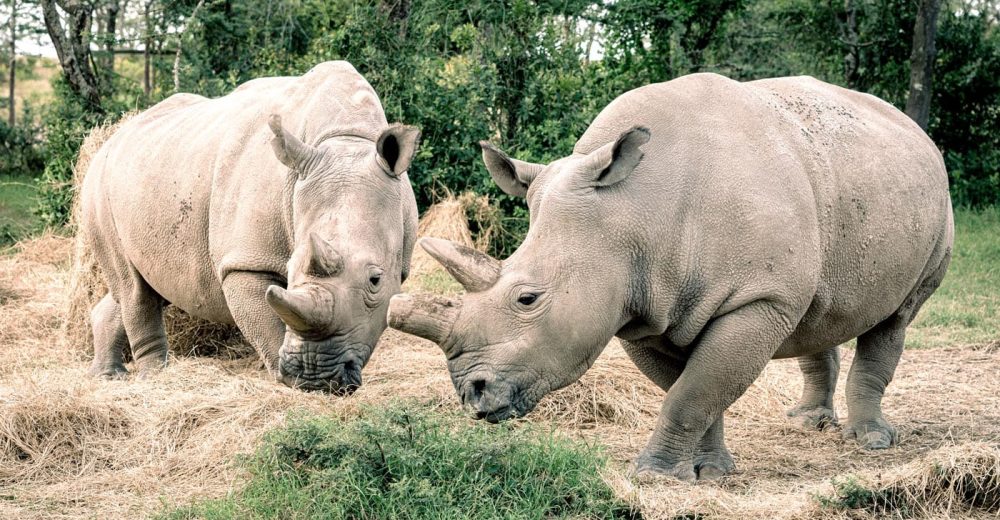The European reference center for equine assisted reproduction
World center of excellence for
animal assisted reproduction
and biotechnological research.
Avantea is a laboratory of advanced technologies for animal reproduction and biotechnological research, a leader in Europe, combining innovation and scientific rigor to develop cutting-edge solutions.
Mission
To contribute to the progress of
reproductive biotechnologies in the
zootechnical and biomedical fields,
for a more sustainable and prosperous future.
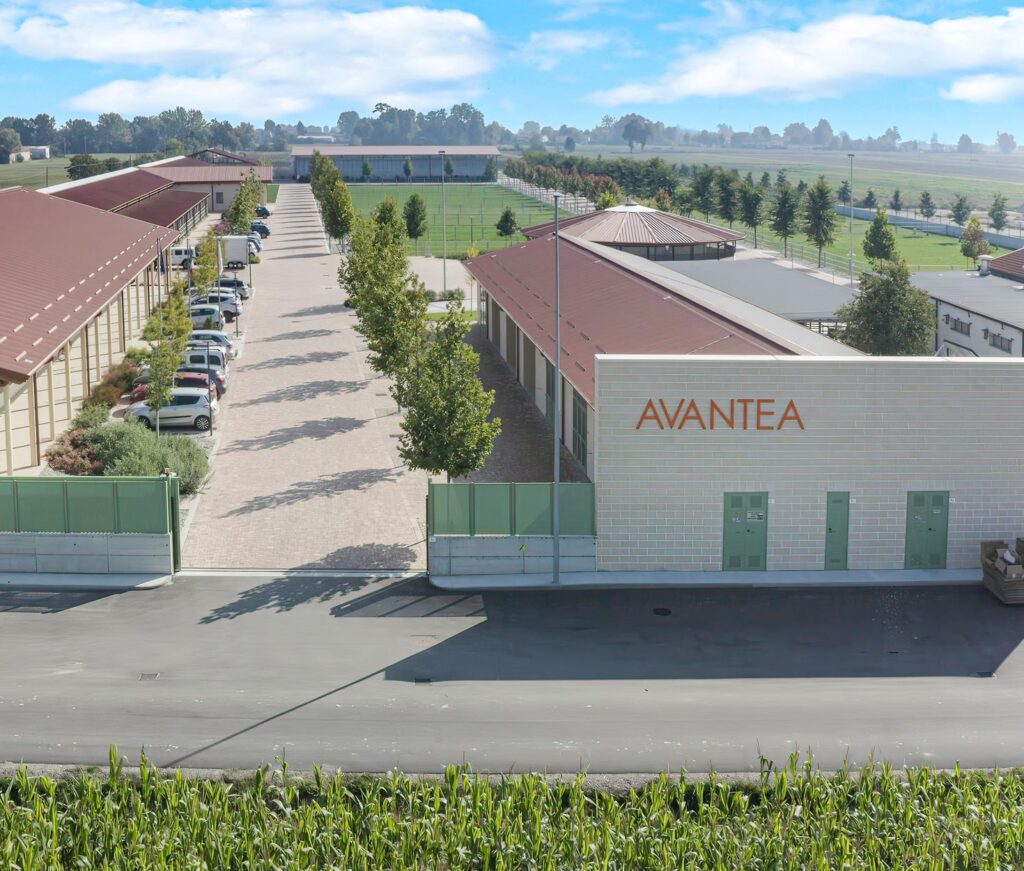
Assisted reproductive technology in animals
Avantea is the European leader in equine assisted reproduction, a reference point for breeders, owners, and veterinarians who aim to maximize the genetic potential of their horses.
Our Results
Biotechnology
Zootechnical and biomedical research
Avantea contributes to the advancement of reproductive biotechnologies in the zootechnical and biomedical fields, for a more sustainable and prosperous future.
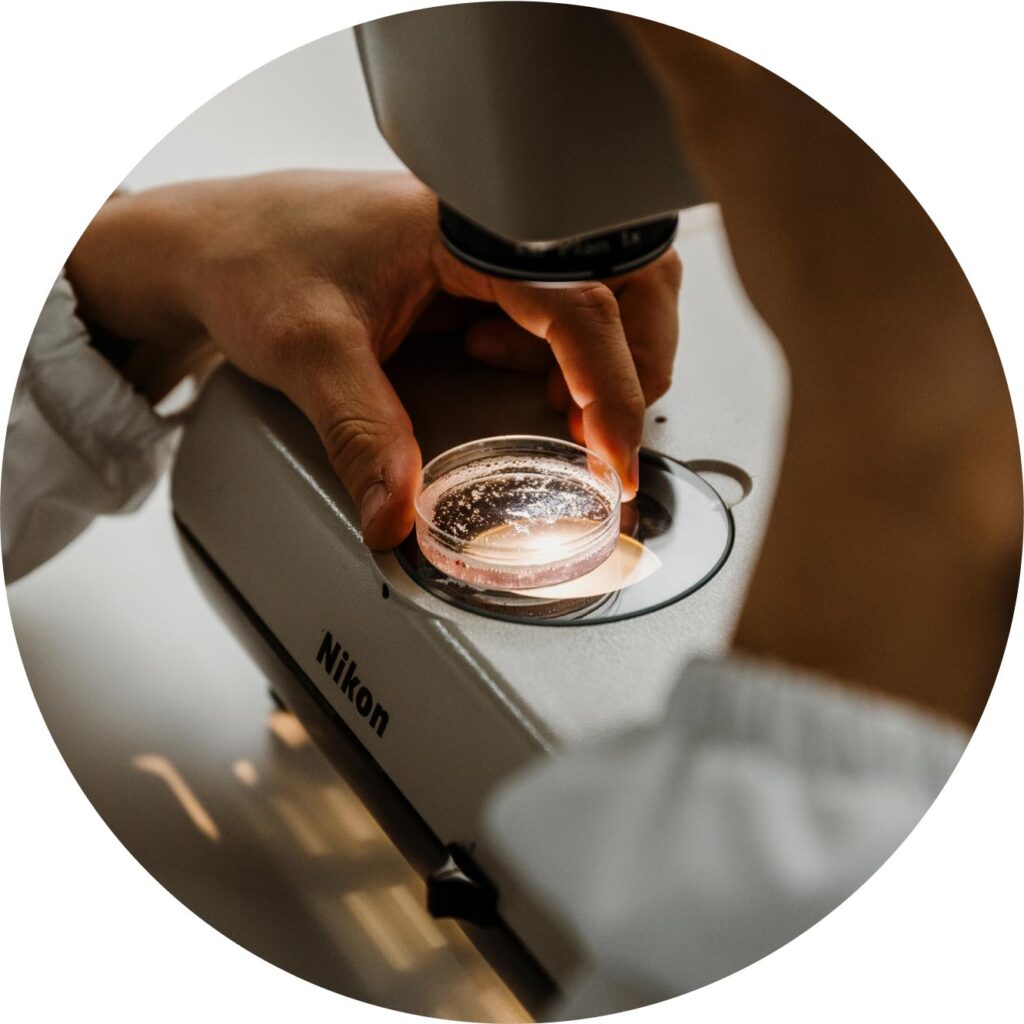
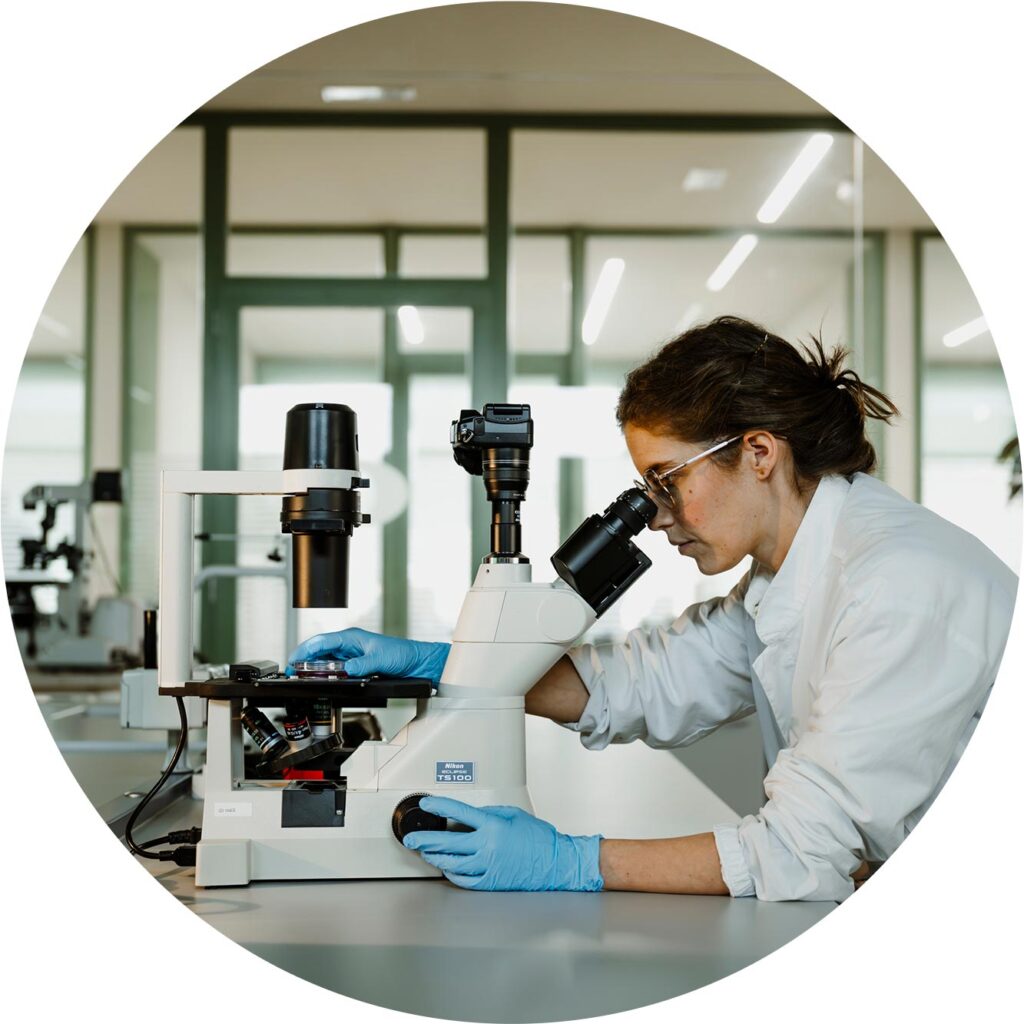
Zootechnical and biomedical Services
We transform research into concrete solutions. Our cutting-edge technologies offer advanced services in assisted reproduction, supporting breeders and biotechnological companies with innovative and reliable applications.
Blog & News
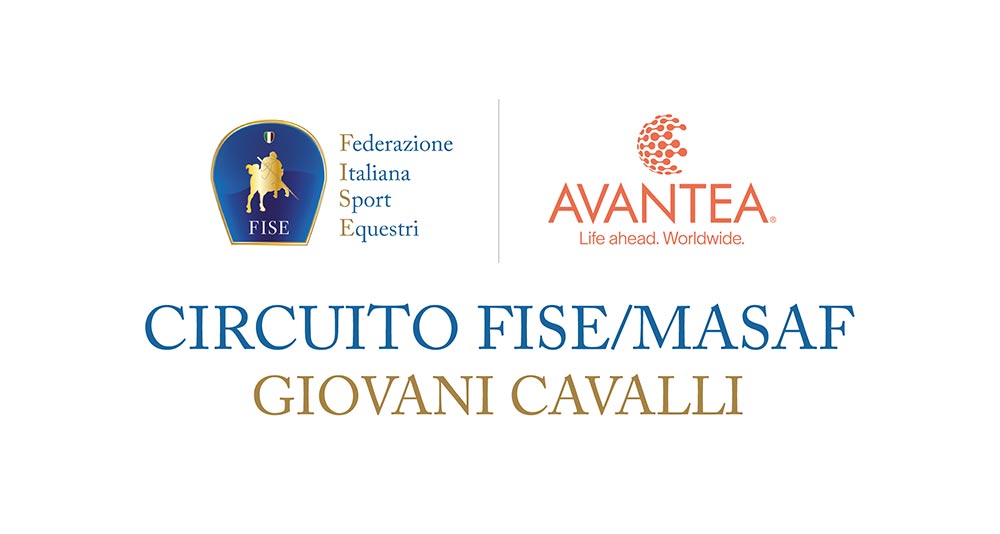
Avantea Supporting Young Talents: The FISE/MASAF 2025 Young Horses Circuit Kicks Off
Avantea is proud to announce the publication in the prestigious journal Science Advances of the study titled “Retinal gene therapy for Stargardt disease with dual AAV intein vectors is both safe and effective in large animal models” (Ferla et al., 2025), the result of a collaboration with TIGEM, AAVantgarde Bio, and other research institutions.

